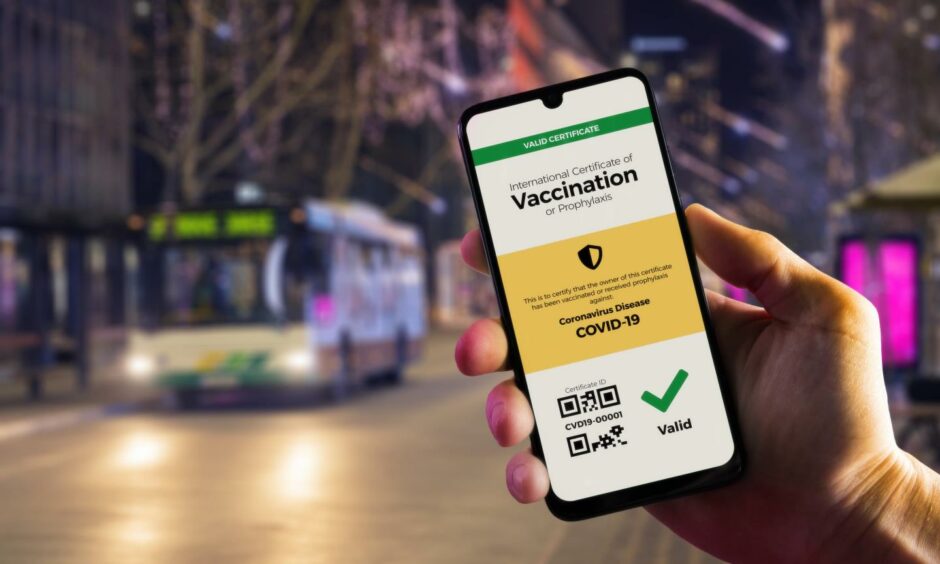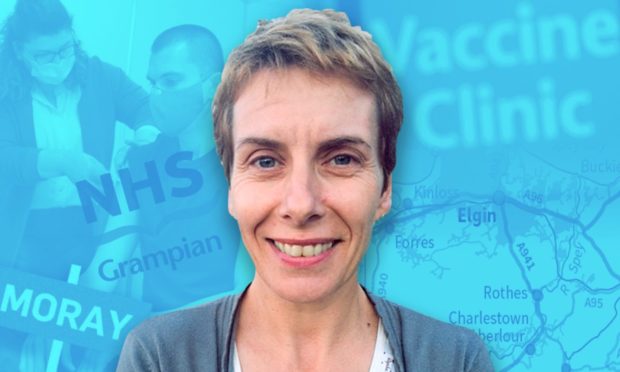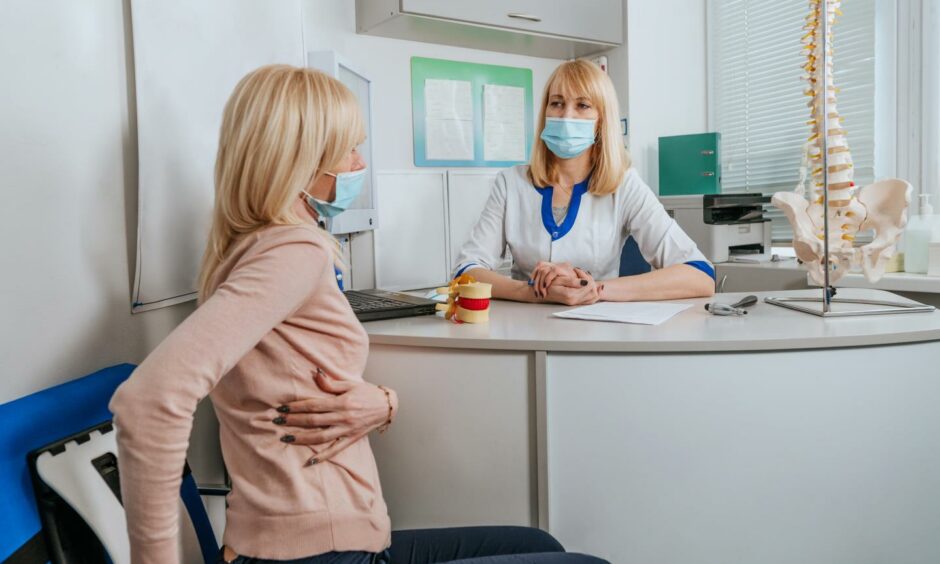NHS Grampian’s head of health intelligence has warned that although Covid cases are stable, rising numbers over the festive period could lead to stricter restrictions in the future.
Jillian Evans issued the warning the day after deputy first minister John Swinney described the Covid situation as “precarious and unpredictable”.
He advised that restrictions are being considered, however, the government wants to avoid another “strict lockdown”.
Speaking on BBC’s Good Morning Scotland, Ms Evans explained that Covid rates are stable but at a “very high level”.
She said: “What you have is this situation of high infection rates plus waning immunity, affecting vulnerable people particularly, and increased risk of spread as we move more indoors and return more to normal.”
Ms Evans said that the increased risk of spread coupled with the pressure on health and social care causes disruption that is unpredictable.
She urged that if we do not act soon and simply adopt smaller measures and reinforce the guidelines already in place then more restrictive and protective measures may be necessary.
What are the Covid measures we can reinforce?
Ms Evans reiterated the importance of wearing masks in crowded and enclosed areas.
She said: “It would be better if people were wearing the blue ones rather than just looking at cloth coverings and hoping for the best.
“Cloth coverings are better than nothing – but they don’t offer the same level of protection.”
She has also urged that people who can work from home continue to do so to reduce indoor mixing.
Another measure Ms Evans talked about is indoor ventilation, as the weather becomes colder more people are beginning to socialise inside.
She advised: “Simple things like keeping your windows open for 10 minutes every hour might help to increase the flow of fresh air coming in and reduce the risk of droplets and spread in the air.”
Are Covid vaccine passports working?
Enforcement of Scotland’s Covid vaccine passport scheme came into effect last month.
This means that proof of having two doses of the vaccine is now required to enter nightclubs and large events.
The scheme is hoped to limit the spread of coronavirus and increase vaccine take-up.
Ms Evans explained that there is not enough data to show these vaccine passports work yet.

She added: “What we can do is look at people who particularly like going out in those venues and seeing whether case rates are rising.
“I’m beginning to see some rises in younger people again now, but it’s been a pretty good story that I can see so far. There is evidence of some small up-picks in that younger adult population you would be keen to manage.”
According to Ms Evans, double vaccinations could become a condition of employment for NHS workers. She argued that uptake of the vaccination is already “really high” and it needs to remain so.

